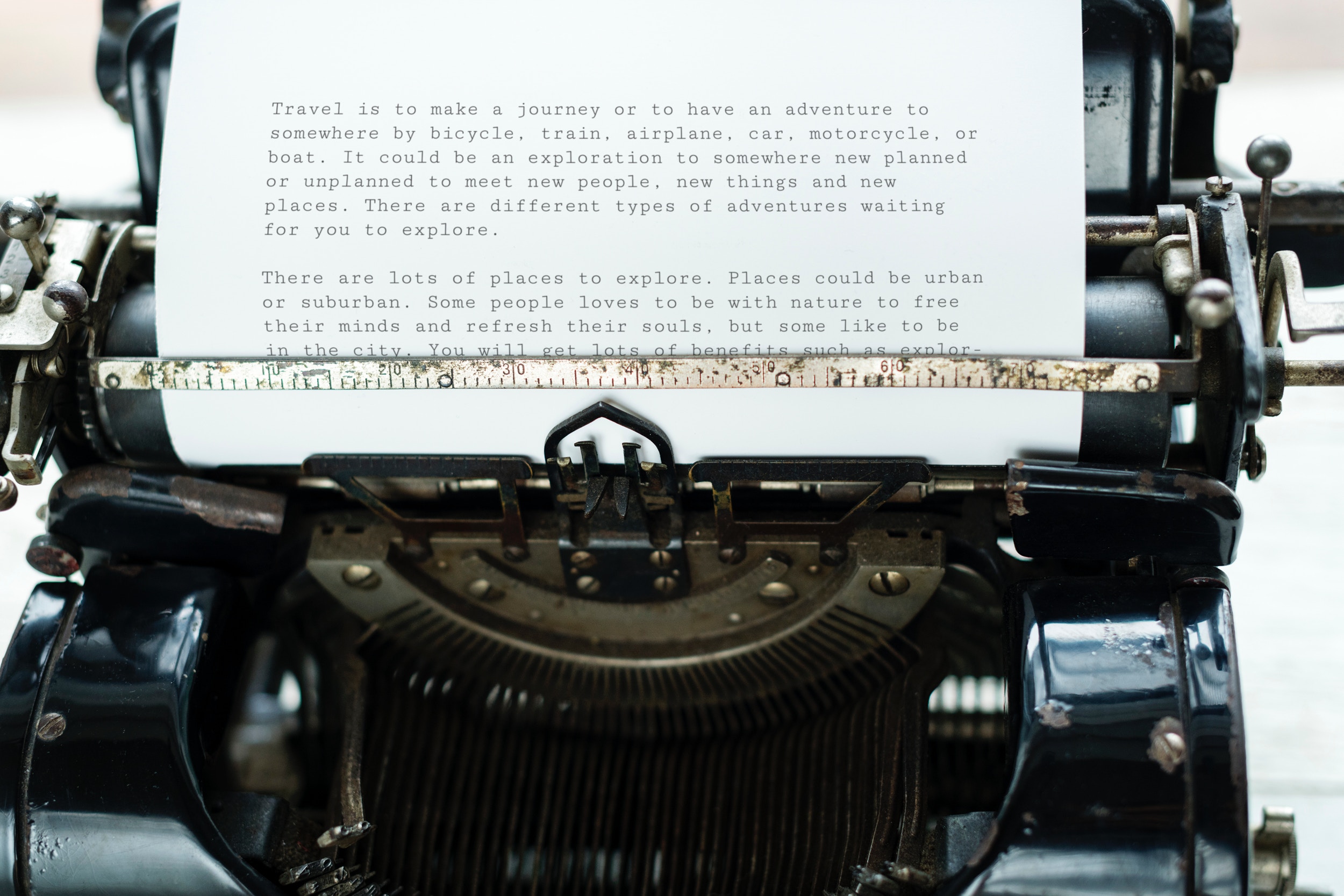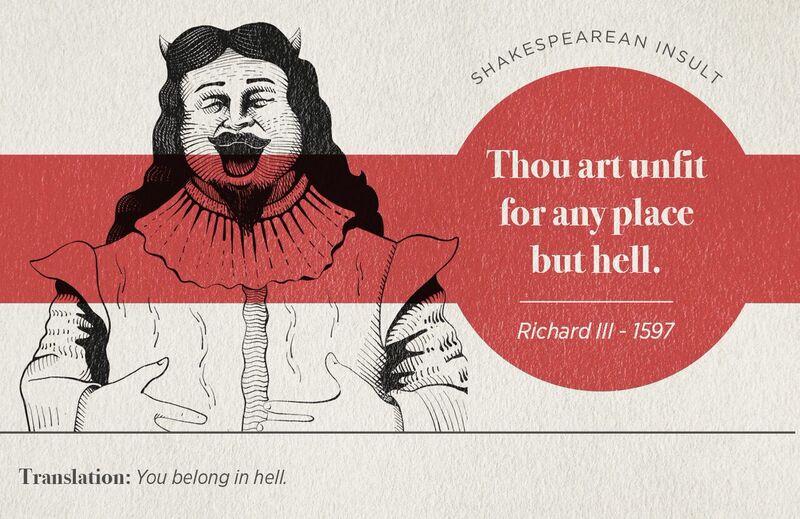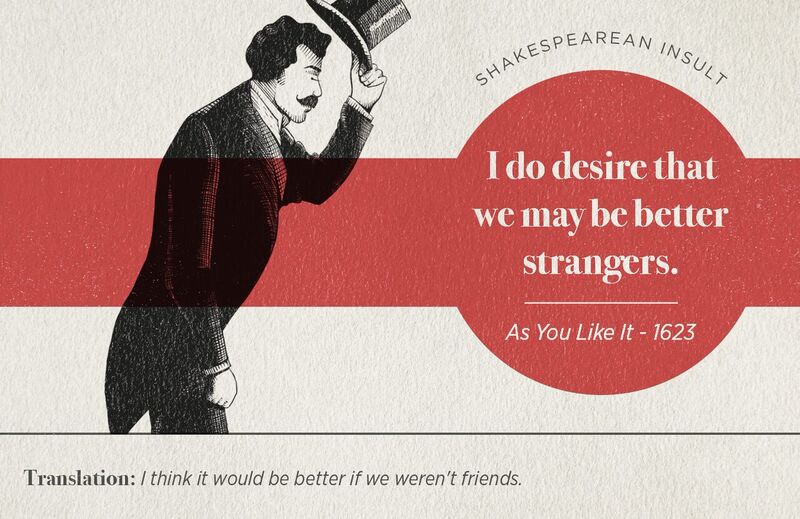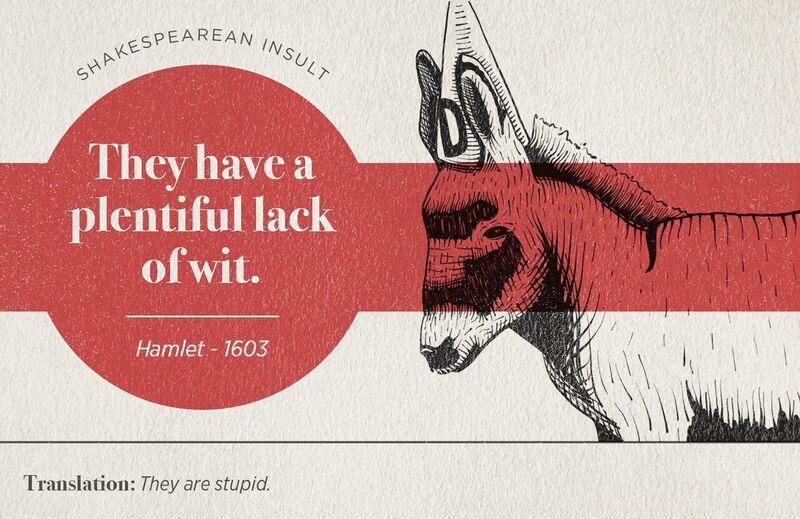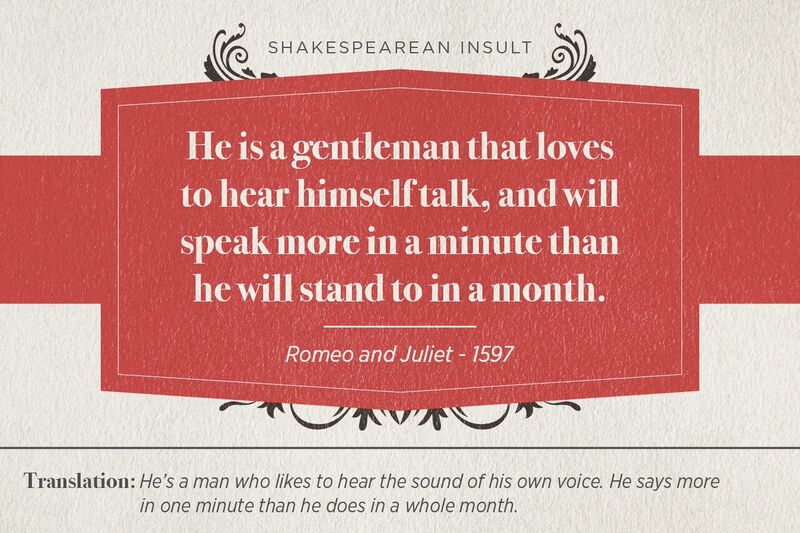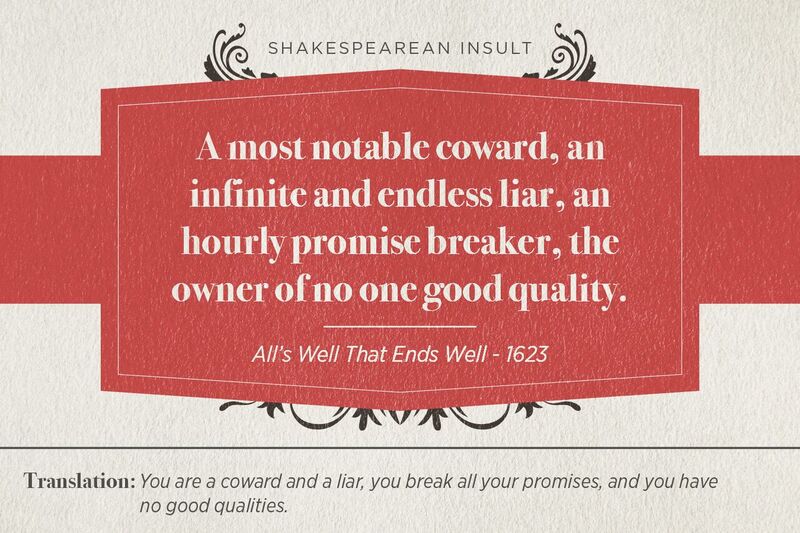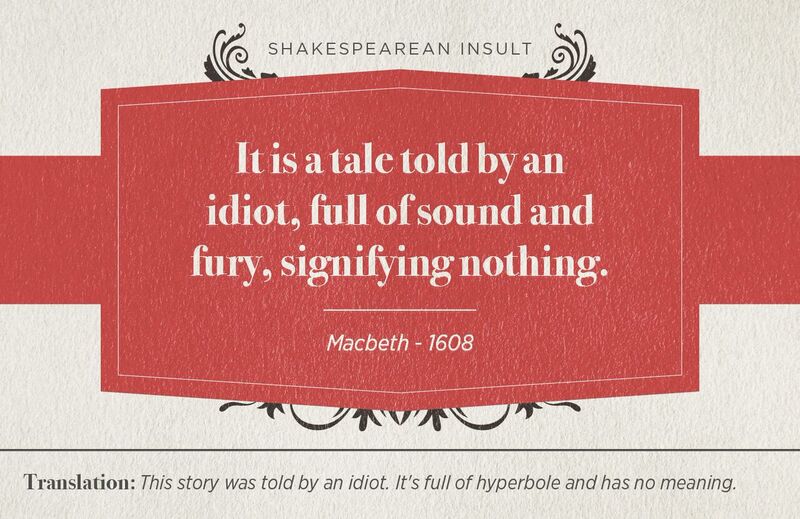There are few things more quintessentially American than a road trip. The sheer size of the country, an abundance of connected highways, diverse regions and incredible landscapes of our national parks make a cross-country road trip the ultimate bucket-list experience. Discovery is ingrained in our culture. Recognizing that many Americans are descendants of immigrants who left their home countries, John Steinbeck wrote, “Every American hungers to move.”
Naturally, it makes sense that so many of us yearn for the open road. One might even say it’s symbolic: the vehicle being the visual representation of freedom, a drivers license the ticket and the route the destination. Road trips go far deeper than simply a travel experience, which is why literary lions like Tom Wolfe, Jack Kerouac, and John Steinbeck documented their adventures by car in the form of novels.
Inspired by some of the most popular travels in American literature. CarRentals created this guide to literary road trips. Only, instead of living these adventures through the pages of a book, they re-created the author’s routes to give us a list of road trips you can actually take.
https://www.carrentals.com/blog/your-guide-to-literary-road-trips-across-america-infographic/



